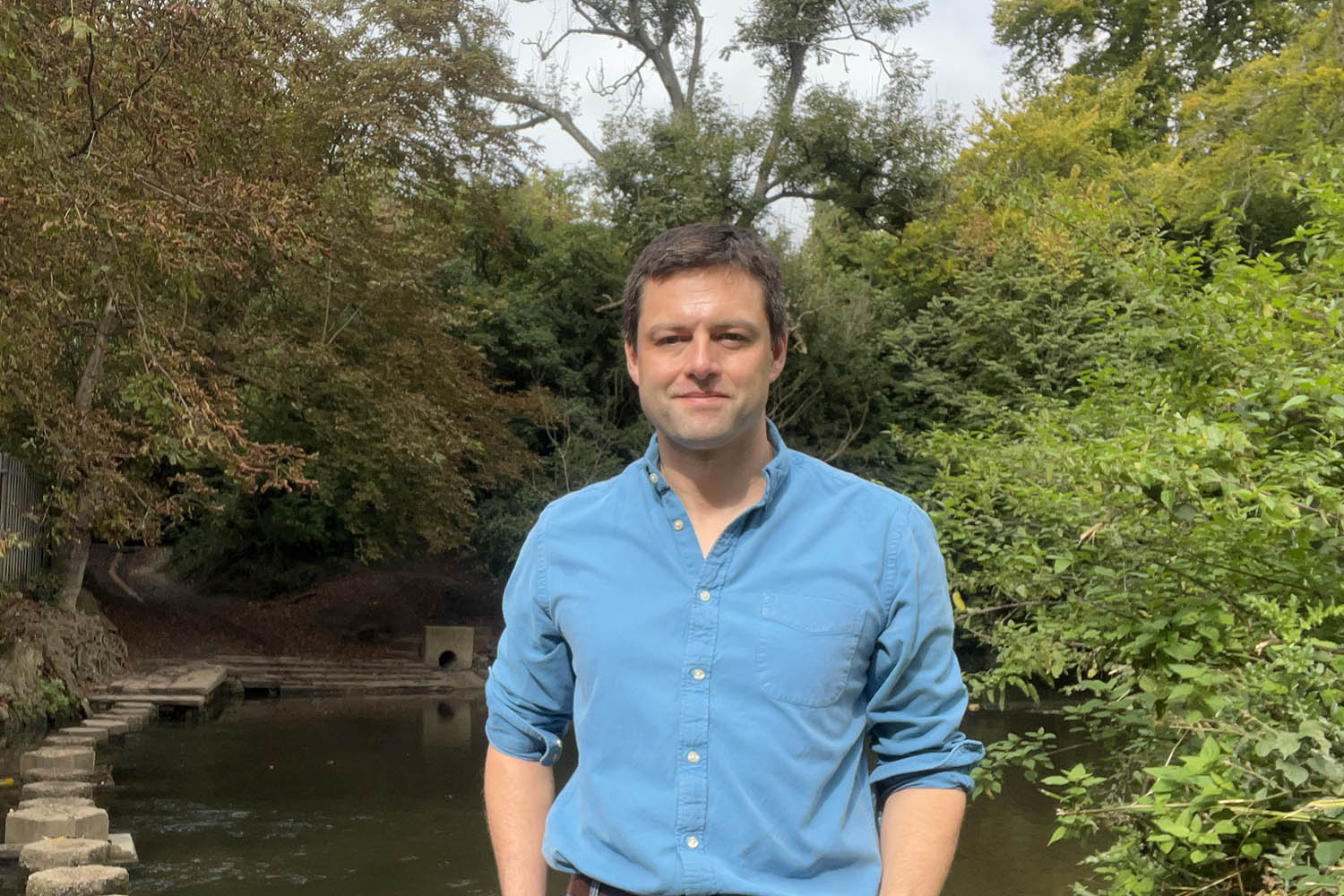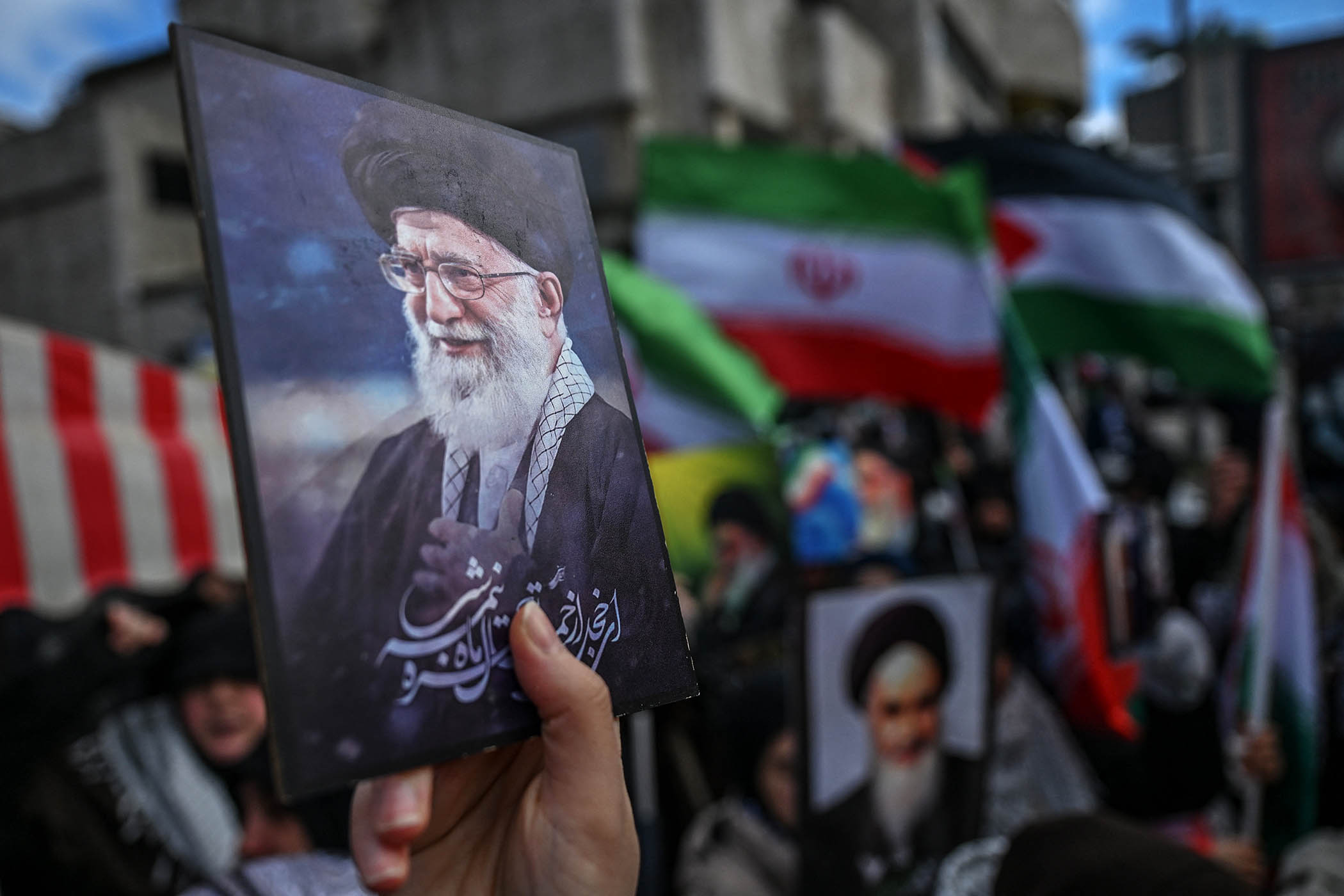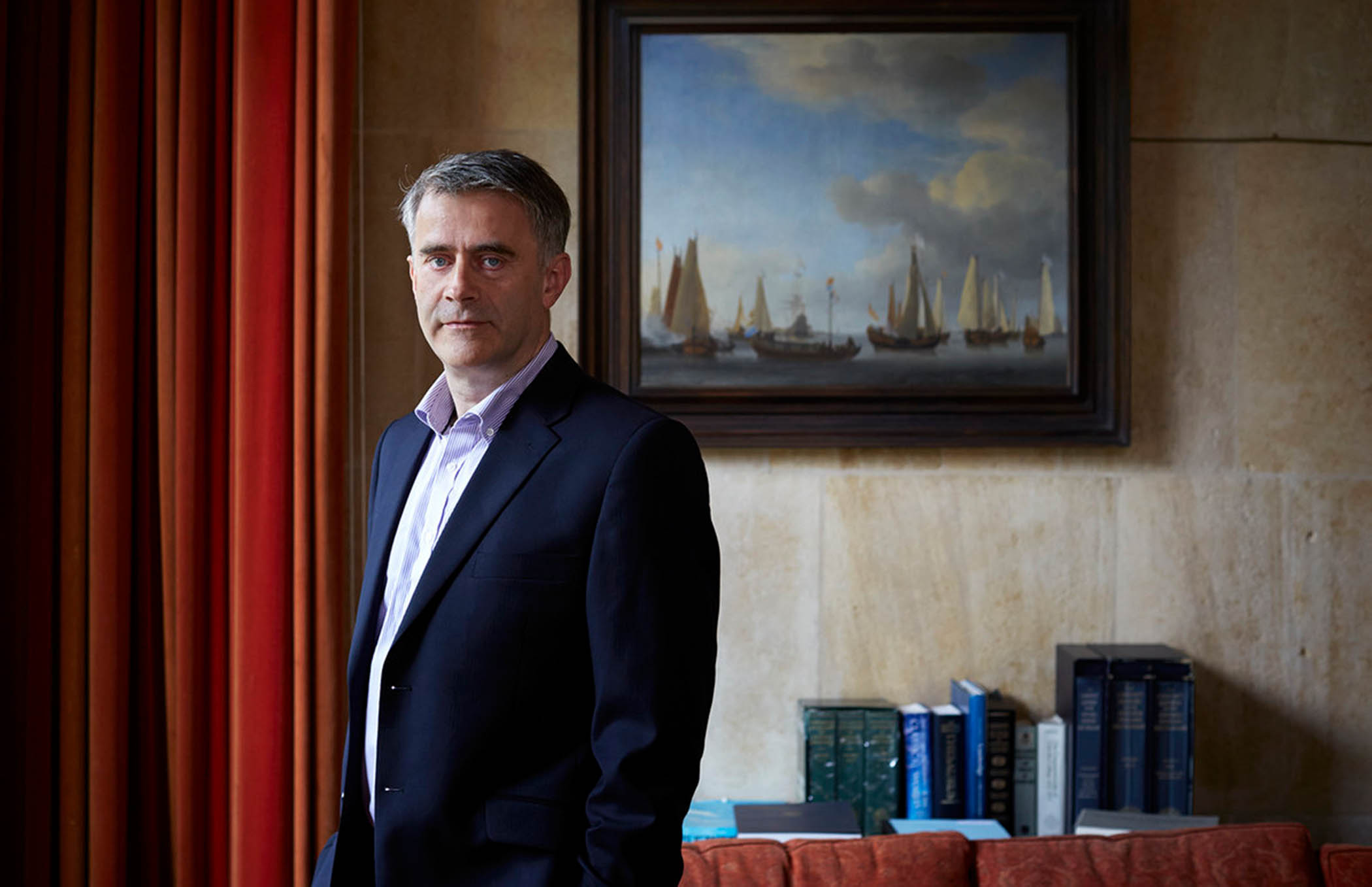I am a member of parliament. I am also a Roman Catholic. One is my professional role, which I am proud to uphold so long as my constituents support me at the ballot box. The other is my personal faith, which is profoundly important to me but which does not – and will not – have any relevance to my parliamentary responsibilities. When people said 65 years ago that a Roman Catholic could never hold the most powerful elected office in the world, John F Kennedy replied.: “I am not the Catholic candidate for president. I am the Democratic party’s candidate for president.”
I am not the Catholic MP for Dorking and Horley. I am the Liberal Democrat MP for Dorking and Horley. As such, I was deeply disturbed to receive an email from my local priest four days before the vote on Kim Leadbeater’s assisted dying bill saying if I voted in favour I would be “an obstinate public sinner”. Worse, I would be complicit in a “murderous act, which must always be forbidden and excluded”. Such a vote would, he wrote, be “a clear contravention of the Church’s teaching, which would leave me in the position of not being able to give you holy communion, as to do so would cause scandal in the Church.”
Although he made no reference to it, this priest is also well aware that he is responsible for signing off my children’s education forms for the Catholic state school they attend.
He weakened his argument by wrongly characterising assisted dying – in which an individual has the choice to self-administer a drug to shorten their own inevitable and imminent death – with direct euthanasia, which is putting an end to somebody else’s life. It is very far from a “murderous act”, as he characterised it, but his reference to excommunication was clearly intended as a warning of the risk I was taking to my own salvation.
When it came to the vote, I supported assisted dying in accordance with my conscience and the overwhelming wishes of my constituents. As a result, last Sunday the priest publicly announced at mass that he was indeed denying me holy communion as I had breached canon law. Fellow pupils at my children’s school were in attendance.
I was moved to receive messages of support from constituents. A couple wrote: “Our faith and our belief in our Church community is based on Jesus Christ and the truth within scripture showing love and compassion.”
This pressure on me and my family did not deter me from voting with my conscience. Quite the reverse, in fact. But I know I am not alone among MPs with faith who faced the same pressure. One MP who is Christian told me she was “overwhelmed” by the strain it had placed on her.
The pressure on me and my family did not deter me from voting with my conscience. Quite the reverse, in fact
The pressure on me and my family did not deter me from voting with my conscience. Quite the reverse, in fact
It is my fervent hope that no MP succumbed to that pressure and either voted contrary to their own conscience or, perhaps more likely, abstained from voting at all to avoid the kind of consequences I have been subjected to. I hope not, but I cannot of course be sure.
What I am clear about is that while people inside and outside parliament are absolutely entitled to their religious beliefs and have every right to take into account what their faith may or may not have to say on the subject, it is our duty as MPs to decide what is the right thing to do out of compassion and a commitment to justice and human dignity.
The bill passed with a decisive and clear majority of 23, but this was down from 55 at second reading. It is my sincere hope that this is not as a result of MPs succumbing to the completely inappropriate interference in democracy by religious authorities that I experienced.
Newsletters
Choose the newsletters you want to receive
View more
For information about how The Observer protects your data, read our Privacy Policy
More from The Observer


